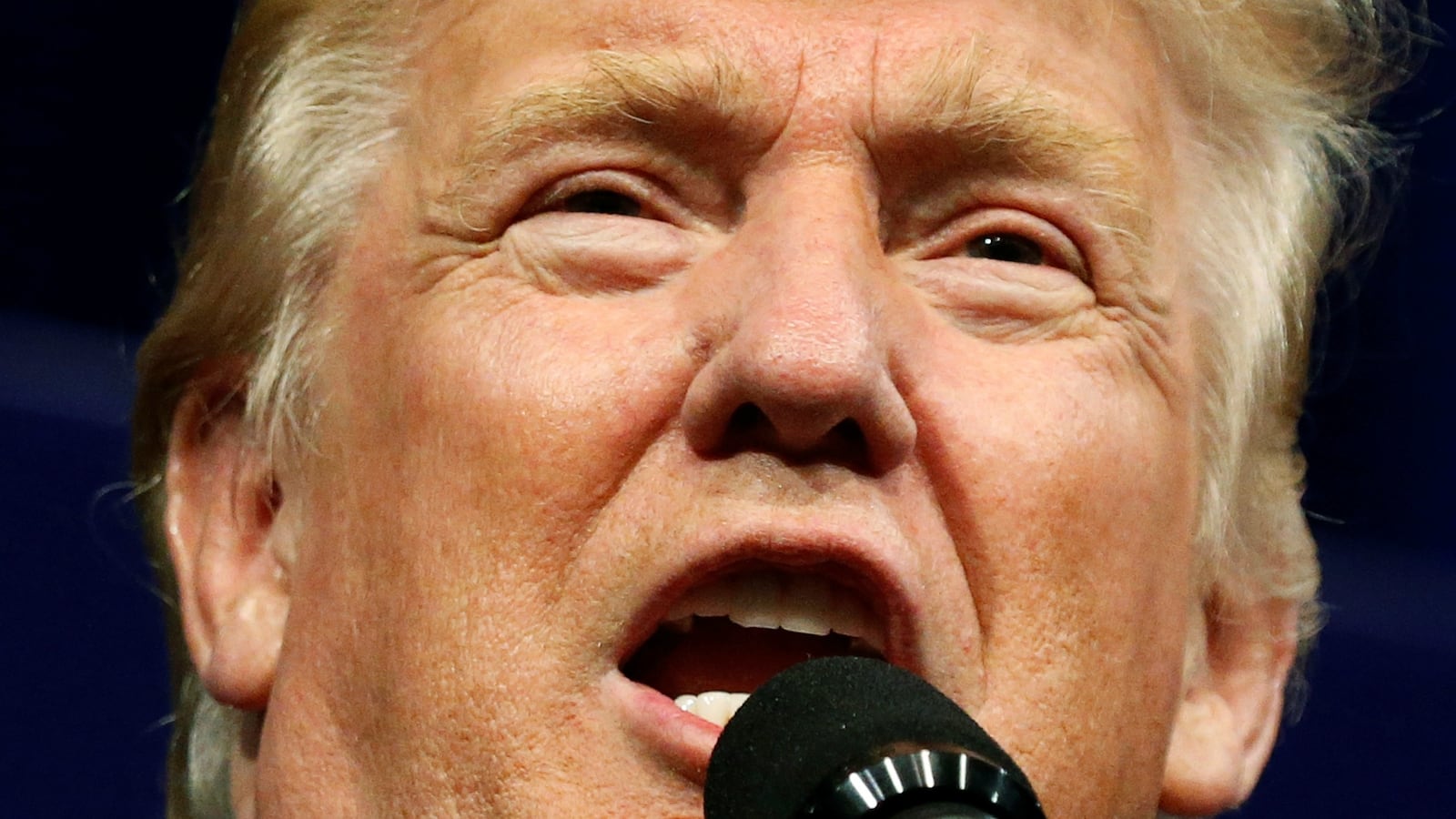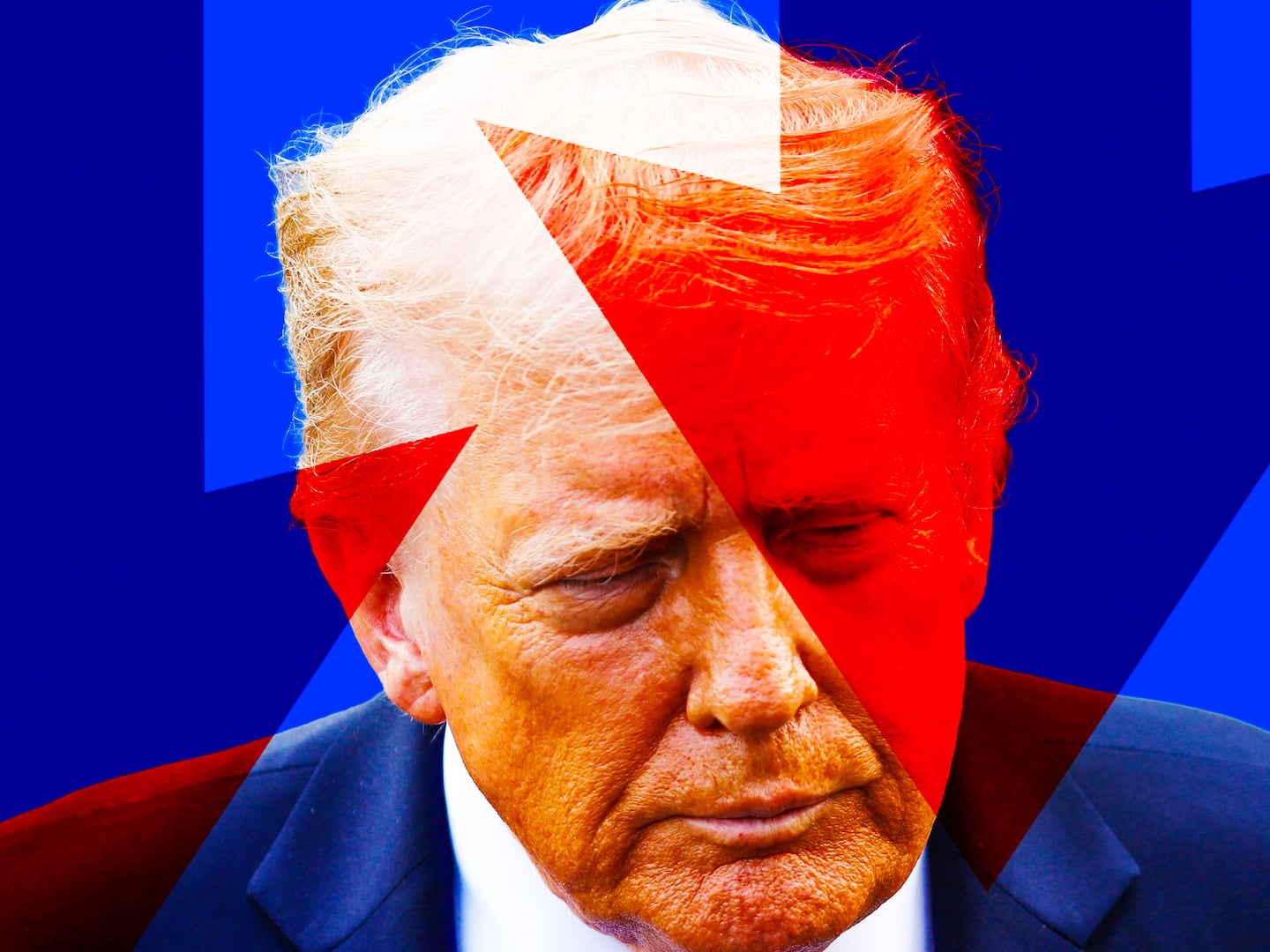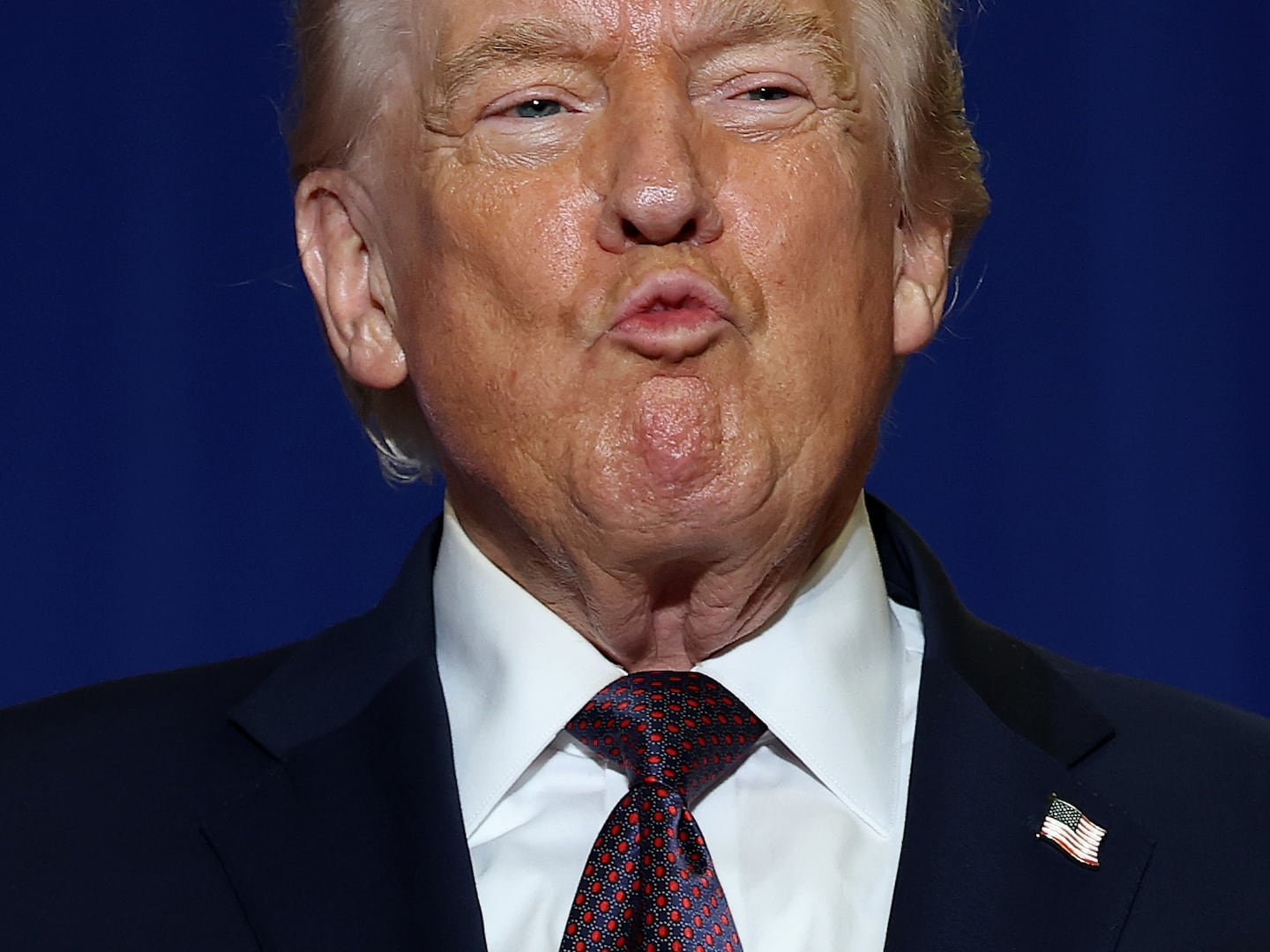With the explosion of pumpkin-spiced everything, a few trees changing colors, and much of the nation diving headlong into football season, the signs that election year autumn has arrived have also become loud and clear.
One of those signs is happening this weekend, as the political media and partisans warm up for their own quadrennial fall classic on Monday: Completely blowing the accurate assessment of the first presidential debate.
The pundits and political zealots have a long history of confusing the difference between style and substance in the first major presidential face-off. As an example, in 2008, Mark Halperin trashed John McCain in the first presidential debate as “Cluttered, jumpy, and often muddled,” while saying, “His arguments were hard to follow.” For that awful review, Halperin gave the Arizona senator a surprisingly high grade of “B-“. From that same debate, Halperin characterized Senator Obama’s appearance as “Polished, confident, focused,” while being “ immersed in the past, present, and future details of policy.” Oddly, Halperin only gave Obama an “A-“ grade for his performance that night.
The 2012 debate held more of the same kind of confusing misjudgment from the blind zebras of the media. While President Obama was detailed, patient, and even reserved in the first debate that year, Mitt Romney was petulant, aggressive, and lied like a rug. Eleanor Clift even noted of that debate, “Romney won on style and debating points…But Obama, for those who paid attention to what he said, stuck more closely to the facts.” Holding to that obvious truth, however, wouldn’t score the ratings and clicks that the denizens of the national media need.
So after setting Romney’s expectations low, and Obama’s high, the President’s long fact-filled answers only helped the team of beltway BS-ers score their pre-game narrative that Romney won. Like a fullback trying to burrow his way through a pile of defensive linemen, they clung to the narrative they’d already set, and drove the idea of Romney’s win into the history books. But facts matter. If the debate were a football game, a clear and honest call of that contest would have said that Obama won an extremely low scoring match, merely because he didn’t penalize himself into oblivion with lies like Romney.
Which brings us back to this weekend, the impending expectations game between Clinton and Trump, and the inability of the pandering pundits and the political zealots to admit the obvious. Many of them are already planning to juice the score for Donald Trump in his first presidential debate, by grading his performance on a severe curve, while they set the bar for her victory much higher.
It should surprise no one that Trump and his surrogates have already been “working the refs” before Monday’s match. As Greg Sargent noted on Thursday, Trump clearly is already warning Lester Holt, the debate moderator - along with the rest of the nation - that Trump won’t be held to things like real-time fact checks. Clinton’s camp did their own working of the refs recently, after Matt Lauer’s embarrassing impersonation of a journalist at the recent presidential town hall forum. The difference in how each side played the refs, as Sargent also noted, is that most Clinton supporters seem to want a fair playing field, where both candidates are judged by the same rules.
That, by the way, is exactly what every American who cares about the election should do Monday night: Apply the same set of rules to BOTH candidates, regardless of each one’s previous experience. Both Clinton and Trump are selling their life experiences as equal reasons to think they’re qualified to be president. With that in mind, any member of the media who tries to grade either on a curve is exposing themselves as a biased referee, who should simply be ignored.
In politics as in sports, any competitor can win, on any day. The similarities don’t end there. In politics, as in sports, there are also rules for competing fairly. Each candidate must follow those rules honestly. Provable lies are penalties - sorry spin doctors. Each candidate also must obey the clock, and each must make their points with style - but even more importantly, with substance. Being president isn’t just about playing to a crowd or a camera. Finally, no matter who wins the debate, as Elizabeth Drew wrote just because one candidate is judged to have won the debate is no reason to automatically hand them the presidency.
Regardless of how most of the political media treats it, being the President of The United States is not a game - which means judging which candidate is more successful in communicating their policies by the end of Monday’s debate won’t really be a game either.






